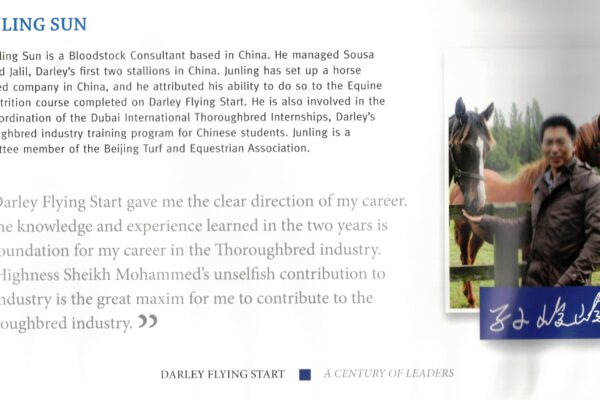Pontifical Mugwumpery
I wish I’d thought of that!
I’ve already done something on the ‘Sewer of Social Media’ and ‘Word Puzzles’.
See: https://sconevetdynasty.com.au/the-sewer-of-social-media/
After Paul Hennessy and his unique and colourful vernacular, I thought I’d go to the other end of the etymological spectrum. This is it!
Copious Stream of Pontifical Mugwumpery (I wish I’d thought of that!)
Laudator Temporis Acti
Featured Image: John Reith “Wuthering Height”, a despotic and self-righteous Scot!
A peculiar anthologic maze, and amusing literary chaos, a farrago of quotations, a mere olla podrida of quaintness, a pot pourri of pleasant delites , a florilegium of elegant extracts, a tangled fardel of old world flowers of thought, a fagot of old fancies, quips, facetiae, loosely tied”. (Holbrook Jackson, Anatomy of Bibliomania) by a laudator temporis acti,” a “praiser of the past” (Horace, Ars Poetica 173).
See: Laudator Temporis Acti: Copious Stream of Pontifical Mugwumpery
Winston Churchill, speech to the House of Commons (February 22, 1933):
“These well-meaning gentlemen of the British Broadcasting Corporation have absolutely no qualifications and no claim to represent British public opinion. They have no right to say that they voice the opinions of English or British people whatever. If anyone can do that it is His Majesty’s Government; and there may be two opinions about that. It would be far better to have sharply contrasted views in succession, in alternation, than to have this copious stream of pontifical, anonymous mugwumpery with which we have been dosed so long”.
Winston Churchill was ‘firing bullets’ at the head of the BBC John Reith. Sir John Reith, Lord Reith of Stonehaven (1889-1971) was General Manager/ Managing Director, British Broadcasting Company 1922-1927 and then the first Director-General of the newly incorporated British Broadcasting Corporation.
On Page 205 “The Climate of Treason,” by Andrew Boyle, he (WC) referred to Reith as “Wuthering Height”, a despotic and self-righteous Scot!
Reith is identified with the BBC’s public service aims to educate, inform, and entertain. A Scottish engineer, he became General Manager of British Broadcasting Company in 1922. He resisted the US commercial radio model and campaigned for the BBC’s Royal Charter. He hated the idea of television but allowed its development. He resigned in 1938 to become the Chairman of Imperial Airways.
During World War II he was MP for Southampton, Minister of Information and Minister of Works. Later he led various commercial and public organisations but felt unappreciated and under-employed. He publicly criticised competition in broadcasting and falling standards until he died.










